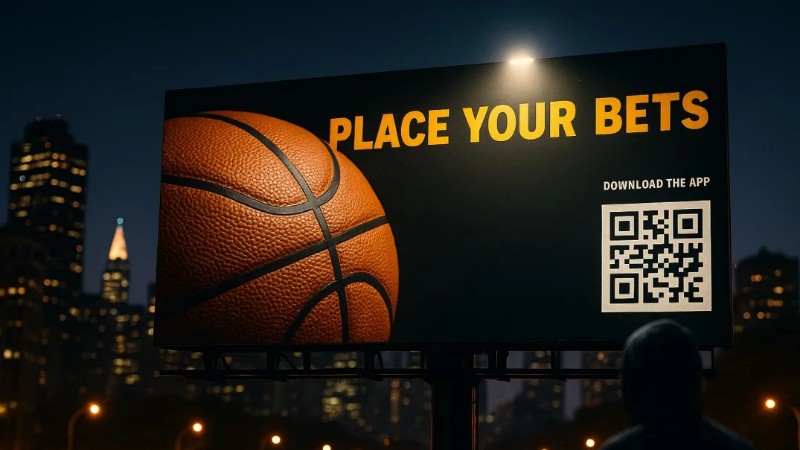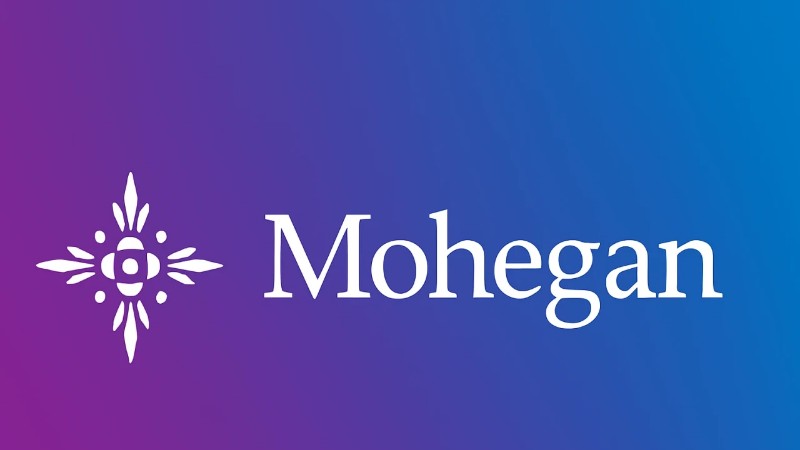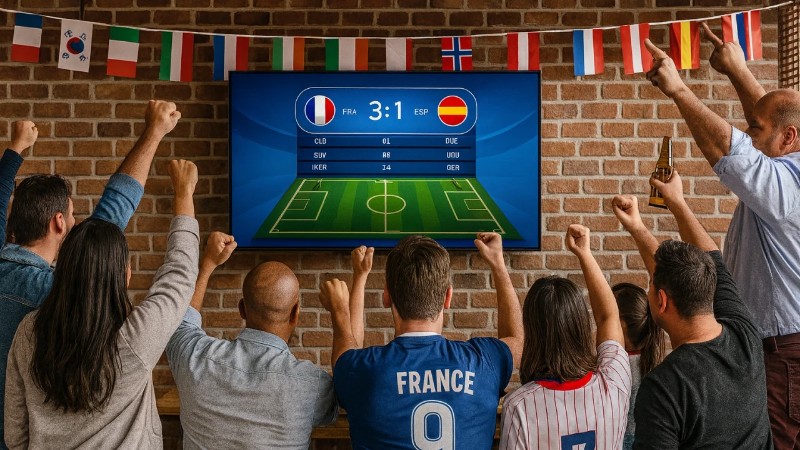Flatlined Google Ads results? A paid ads agency could be the plot twist you need
Digital MarketingBusinesses are getting a little louder online these days, and not just because everyone suddenly discovered how fun TikTok captions can be. The real buzz is happening behind the scenes, where companies are quietly asking themselves a classic marketing question: “Do we keep wrestling with Google Ads alone, or finally call in a paid ads agency before the budget taps out?” The truth is, Google Ads looks simple until you actually try to run it. One moment you’re picking keywords with confidence, and the next you’re wondering why your entire budget vanished faster than a concert ticket drop. That’s usually the first sign you might need a paid ads agency when your campaigns feel more like guesswork than strategy. Signs you’re ready for a paid ads agency Another clue? Results that refuse to budge. Stagnant clicks, flatlined conversions, and ads that feel invisible are red flags that a paid ads agency could breathe new life into your efforts. These teams come with certified experts, early access to new platform features, and enough targeting know-how to filter out the tire-kickers and spotlight the buyers. Plenty of businesses try the in-house route first, and that works fine when goals are modest and budgets are tiny. But once growth becomes the mission, an experienced paid ads agency can tighten your targeting, lower your cost-per-click, and keep every dollar accountable. They also handle the tedious parts like constant testing, audience refinement, keyword pruning, and daily performance checks so you can stop refreshing dashboards like it’s a sport. What makes outsourcing worth it Some firms even stack on extras like competitor analysis, remarketing strategy, full digital marketing support, and real-time reporting that actually makes sense. That kind of clarity is often what seals the deal for brands tired of flying blind. So if your ads feel stuck, your time is stretched thin, or your business is finally ready to scale, bringing in a paid ads agency might be the smartest growth move you make this year. Sometimes outsourcing isn’t giving up. It’s leveling up.








